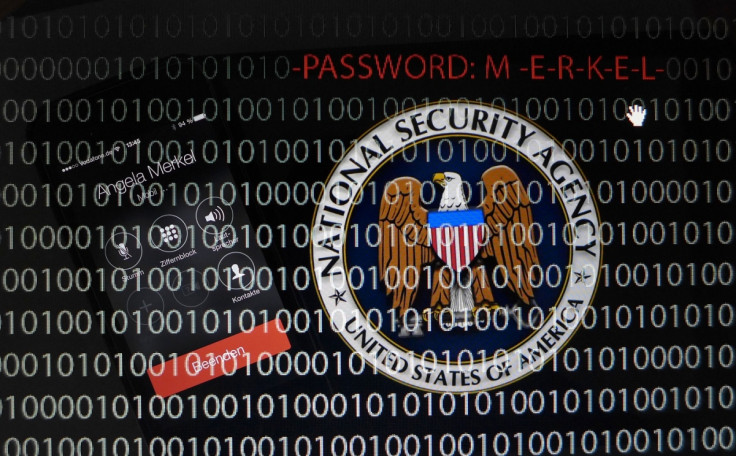NSA 'Spying Stopped Terrorism' Claims 'Overblown and Misleading'
NSA bulk surveillance programs have little impact on foiling terror plots, says New America Foundation thinktank

The NSA's controversial spying programs have had "no discernible impact on preventing acts of terrorism," a new study by the New America Foundation has claimed.
Former US government security contractor Edward Snowden's revelations of NSA spying have sent many governments around the world into uproar, with the EU revisiting the Safe Harbour agreement; citizens concerned about their privacy and internet companies coming out of the woodwork to protest against being forced to hand data over to the NSA.
The report, compiled by the New America Foundation and entitled "Do NSA's Bulk Surveillance Programs Stop Terrorists?", looked at 225 terrorism cases where individuals had been recruited by al-Qaida or a similar group and charged with an act of terrorism in the US.
"Overblown and misleading"
Of all the investigative methods available, which include NSA surveillance and bulk collection of data, informants, tip-offs by community or family, routine law enforcement and intelligence provided by the CIA or FBI, the NSA's surveillance methods contributed to only 7.5% of the methods used to detect terror suspects.
Instead, the thinktank states that traditional methods provided the most information in a majority of the cases, with informants and tips from the local community or targeted intelligence operations making up a third of leads in terror suspect cases.
The report says that President Obama along with under-fire NSA Director General Keith Alexander and members of Congress have claimed the program has helped stop at least 50 terrorist plots around the world.
New America says that these claims are "overblown and even misleading."
British intelligence, not NSA surveillance
In total, NSA surveillance was useful in only one case, which did not involve a plot to conduct a terrorist attack in the US, but rather involved Uzbeck citizens living in Denver and Philadelphia sending a "minimal" amount of money in support of Uzbeck terrorist group the Islamic Jihad Union in 2011 and 2012.
The think tank goes on to explore four terrorist plots where the NSA's bulk surveillance methods have been widely touted by the US government as a success in preventing terrorism, and found that it was British intelligence, not the NSA, that was responsible for providing crucial information in two of the cases.
In one case involving David Coleman Headley, co-planner of the 2008 Mumbai terrorist attacks, who was also planning an attack on Danish newspaper Jyllands-Posten in 2009, the New America Foundation's researchers found that the initial tip came from British intelligence agencies, which alerted the FBI that Headley was in contact with a group of militants being monitored in the UK.
Another case found that the arrest of the three men who were plotting an attack on the New York subway in 2009 came about after the UK's North-West Counter-Terrorism Unit arrested a group of men during "Operation Pathway".
One of the men, Abid Naseer, sent an encoded email to Najibullah Zazi, one of the three conspirators plotting the subway attack, which alerted British security services that this was probably the email account of an al-Qaeda operative planning an impending attack.
The UK shared the findings with the US, and only then did the NSA begin surveillance of the email address, which eventually led to Zazi's arrest.
Surveillance reforms ahead
President Obama is set to unveil widespread reforms to US government surveillance practices on 17 January, following the release of a report in December 2013 by the NSA advisory committee, which outlines over 40 recommendations on changes to the NSA.
The advisory committee recommends that phone records no longer be kept by the NSA, and the NSA should not be allowed to ask tech companies for a way to access encrypted data.
Last week, a leaked Pentagon report claimed that Edward Snowden's leaks jeopardised the lives of US troops, as terrorists are now "changing their methods."
In addition, the information has "hurt US allies" that help the US government with counter-terrorism, cyber-crime, human and narcotics trafficking, as well as the proliferation of weapons of mass destruction.
© Copyright IBTimes 2025. All rights reserved.






















